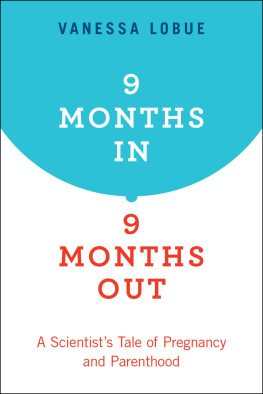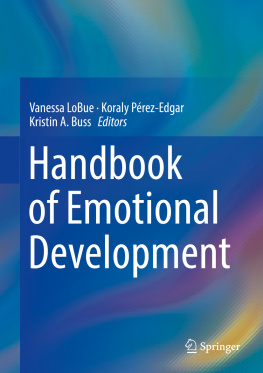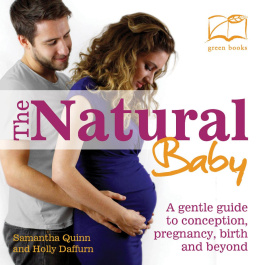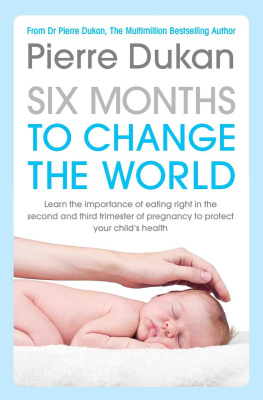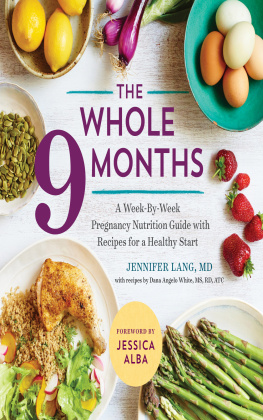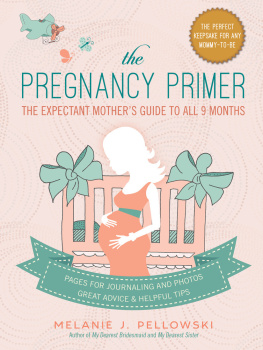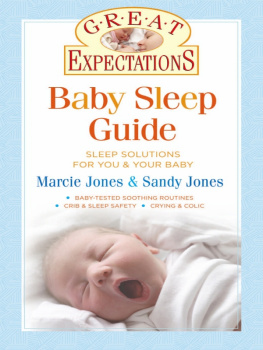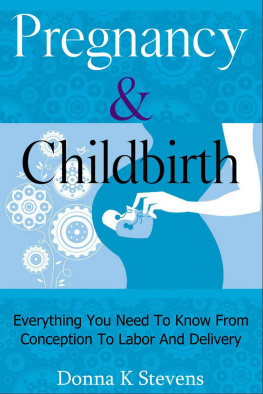9 MONTHS IN,
9 MONTHS OUT

Oxford University Press is a department of the University of Oxford. It furthers the Universitys objective of excellence in research, scholarship, and education by publishing worldwide. Oxford is a registered trade mark of Oxford University Press in the UK and certain other countries.
Published in the United States of America by Oxford University Press
198 Madison Avenue, New York, NY 10016, United States of America.
Oxford University Press 2019
All rights reserved. No part of this publication may be reproduced, stored in a retrieval system, or transmitted, in any form or by any means, without the prior permission in writing of Oxford University Press, or as expressly permitted by law, by license, or under terms agreed with the appropriate reproduction rights organization. Inquiries concerning reproduction outside the scope of the above should be sent to the Rights Department, Oxford University Press, at the address above.
You must not circulate this work in any other form and you must impose this same condition on any acquirer.
Library of Congress Cataloging-in-Publication Data
LoBue, Vanessa, author.
Title: 9 months in, 9 months out : a scientists tale of pregnancy and
parenthood / Vanessa LoBue.
Other titles: Nine months in, nine months out
Description: New York : Oxford University Press, 2019.
Identifiers: LCCN 2018036225 | ISBN 9780190863388 (paperback) | ISBN 9780190863401 (epub)
Subjects: LCSH: Parenthood. | MotherhoodPsychological aspects. |
PregnancyPsychological aspects. | BISAC: FAMILY & RELATIONSHIPS /
Parenting / Motherhood. | PSYCHOLOGY / Psychotherapy / Couples & Family. |
MEDICAL / Gynecology & Obstetrics.
Classification: LCC HQ755. 8.L63 2019 | DDC 306.874dc23
LC record available at https://lccn.loc.gov/2018036225
To Edwin, who turned this adventure in science into an unexpected love story.
And to Charlie, whos inspired me to do it all over again.
Contents
When I was a kid, my mother told me that there comes a time in every girls life when she wants to become a mom. I think this is what most women are taught to expectthat at some point in our lives, we will naturally want children. This idea doesnt seem too far-fetched when were little girls, or when were teenagers, or even when were in our 20s, mostly because having kids seems like an abstract and distant possibility. But one day we wake up and were not in our early 20s anymore, and the prospect of having children becomes an all too immediate reality. By this time, some of our friends have already had kids and others have plans to: Theyre not trying to not get pregnant, as many of them say. Others have decided confidently and definitively that they arent having kids at all, while the rest of us find ourselves in a position where we havent gotten the urge to reproduce, but we are reaching the point where we have to decide soon whether or not to pull the trigger.
Thats where you find meIm pushing 33, and I still have no natural desire to have a baby. I am not saying that I never want to have kids; I just dont have the urge to have them right now. I dont look at families walking by on the street and yearn to share in their magical experience. When I see a friend with a baby, Im not compelled to hold it, I dont find myself going on and on about how cute it is, and, in fact, Im much more moved by pictures of cute puppies than cute babies. When I see parents struggling to drag their strollers onto the subway, or when I see an exhausted mom at the supermarket holding the hand of a screaming toddler, I think, Thank GOD that isnt me. The truth is, when I see a baby, all I see is the immense responsibility Im not sure Im quite ready for and thus the inevitable decision that I have to make very soon.
Like I said before, I am nearly 33, married for less than 3 years, and I just started a job as an assistant professor of psychology at Rutgers University. Most psychology professors spend the bulk of their time teaching and doing research. I got my PhD specializing in early child development, so I teach undergraduate and graduate courses in child psychology and infancy. I run a lab where I conduct studies on infants and young children; not the kind of experiments where I wear a white lab coat and poke and prod newborn babies (although thats what my friends like to tell people)its the type of lab where we study childrens everyday experiences by presenting them with pictures, books, videos, or toys, and by simply studying their behavior. Its a wonderful job, and I am immensely happy, but getting a job as a tenure-track professor came at a steep price.
After 4 years of college, I went straight to graduate school. A long 5 years later, I graduated with my masters degree and a PhD in developmental psychology. Youd think that having such an extensive education and advanced degree would make it easy to find a job, but its quite the opposite. Very few industries have any need for overeducated and underexperienced 30-year-olds who have been in school since they were in diapers. Most of us go the academic route, seeking a position at a university or college, but these jobs are few and far between, and they are highly competitive. When I graduated, I hadnt published enough to get a university position, so I had to do a 2-year postdoctoral fellowship (which is pretty much just an extension of graduate school) and then a second postdoc for another year and a half just to get enough research done to become viable on the job market. Finally, in January 2011, after a grand total of 12 years of higher education, I started my very first real job. I was 31 years old.
That might sound like a long road, but friends of mine have had it a lot worse, doing up to 7 years of graduate school followed by 4 to 5 years of postdoc work only to find that they cant get a tenure track position. Instead, they accept research scientist positions or visiting/adjunct positions (which pay notoriously low salaries and often dont include benefits) only to face an even more competitive job market a few years later. I saw just how bleak the situation is from the other side last year when I served on a search committee for a new tenure track position in my department. We had close to 200 applicants200 amazing and intelligent individuals, all touting PhDs in psychologycompeting for just one job. Academia is not an easy road, at least not at first, and I consider myself lucky to even have a job to speak of, let alone a job that I love so much. But, again, looking for a job in academia came at a steep price, and I dont mean in terms of student loans: After more than a decade of schooling, I finally have a job, a job I worked so hard for so many years to get, Im nearly 33, just beginning my career, and I am suddenly feeling pressed with the decision of whether or not to rearrange this brand new life Ive made for myself to have a baby.
Some of you might be thinking, Oh youre still young, you have a few years to decide. People say that kind of thing to me all the time. I say it to my friends all the time, too. Maybe theyre (were) right, but as an expert in child development, I am intimately aware of the risks of having your first child when youre well into your 30s, starting with problems conceiving and ending with the frightening possibility of developmental problems for the child. The optimal age for women to have children is between 18 and 31. Once women reach 37, they might experience some difficulties conceiving ().

